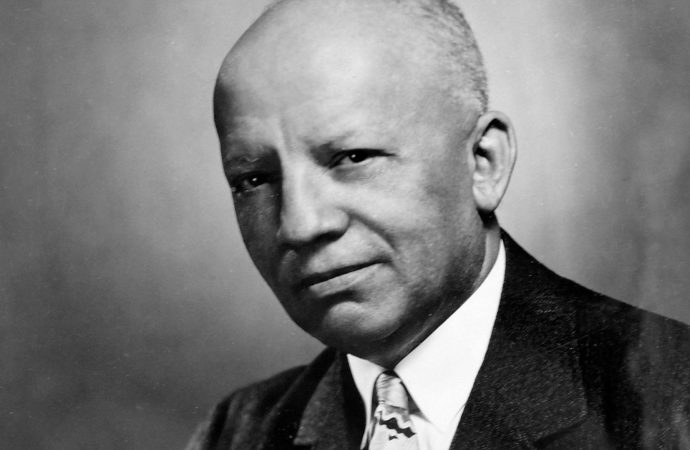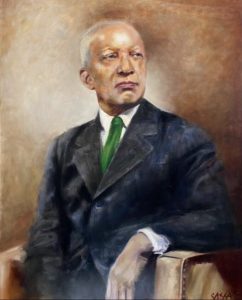Introduction Our guide on this historical journey is none other than Dr. Jane Smith, a distinguished historian with a Ph.D. in African American Studies. With over two decades of experience in cultural studies, she brings a wealth of knowledge and passion to this exploration of Carter G. Woodson’s home. The Life and Legacy of Carter G.
Introduction
Our guide on this historical journey is none other than Dr. Jane Smith, a distinguished historian with a Ph.D. in African American Studies. With over two decades of experience in cultural studies, she brings a wealth of knowledge and passion to this exploration of Carter G. Woodson’s home.
The Life and Legacy of Carter G. Woodson
Carter G. Woodson, often referred to as the “Father of Black History,” was an exceptional individual who dedicated his life to the recognition and celebration of African American history. His tireless efforts led to the establishment of Black History Month, a time dedicated to acknowledging and appreciating the contributions of African Americans to society.
The Historical Significance of Woodson’s Home
Woodson’s home is not just a building; it’s a testament to his life’s work. It was here that he conceptualized and brought to life Black History Month. Today, this historic site serves as a beacon for history enthusiasts, offering a glimpse into Woodson’s life and the monumental work he accomplished within these walls.
Woodson’s Home as an Investment Opportunity
Historic properties like Woodson’s home are more than just real estate investments. They’re pieces of history, offering unique value that goes beyond monetary returns. Investors who recognize this value contribute to the preservation of such sites, ensuring that future generations can learn from and appreciate our rich history.
The Impact of Woodson’s Work on Education
Woodson’s influence extends far beyond his home. His work has significantly shaped the field of education, particularly in cultural studies. His belief in the importance of understanding African American history has led to its inclusion in educational curriculums, enriching students’ knowledge and fostering a more inclusive understanding of American history.
A Virtual Tour of Woodson’s Home
Join us as we step into Woodson’s home, a place teeming with history. From the study where he penned his influential works to the living room where he hosted intellectual discussions, each room tells a story of its own.
Conclusion: The Enduring Influence of Carter G. Woodson
As we conclude our journey, we reflect on the enduring influence of Carter G. Woodson. His legacy continues to inspire us, reminding us of the importance of understanding and appreciating our history. His home, a symbol of his life’s work, stands as a testament to his immense contribution to society.
Table: Key Points
| Key Point | Description |
|---|---|
| Life and Legacy | Carter G. Woodson, the “Father of Black History,” dedicated his life to recognizing African American history. |
| Historical Significance | Woodson’s home, where Black History Month was conceptualized, is a historic site for history enthusiasts. |
| Investment Opportunity | Historic properties like Woodson’s home offer unique value to investors, contributing to the preservation of history. |
| Impact on Education | Woodson’s work has shaped the field of education, leading to the inclusion of African American history in curriculums. |
| Virtual Tour | A tour of Woodson’s home offers a glimpse into his life and the monumental work he accomplished. |
| Enduring Influence | Woodson’s legacy continues to inspire us, reminding us of the importance of understanding our history. |
This article is a tribute to Carter G. Woodson, a remarkable individual whose contributions continue to shape our understanding of history. As we explore his home, we are reminded of his enduring influence and the importance of preserving such historic sites. Whether you’re a history enthusiast, an educator, a student, or a real estate investor, there’s something in this journey for everyone. So, let’s keep exploring, learning, and appreciating our rich history. After all, as Woodson himself said, “Those who have no record of what their forebears have accomplished lose the inspiration which comes from the teaching of biography and history.”

















